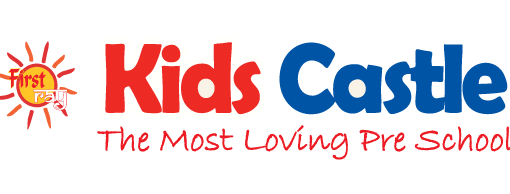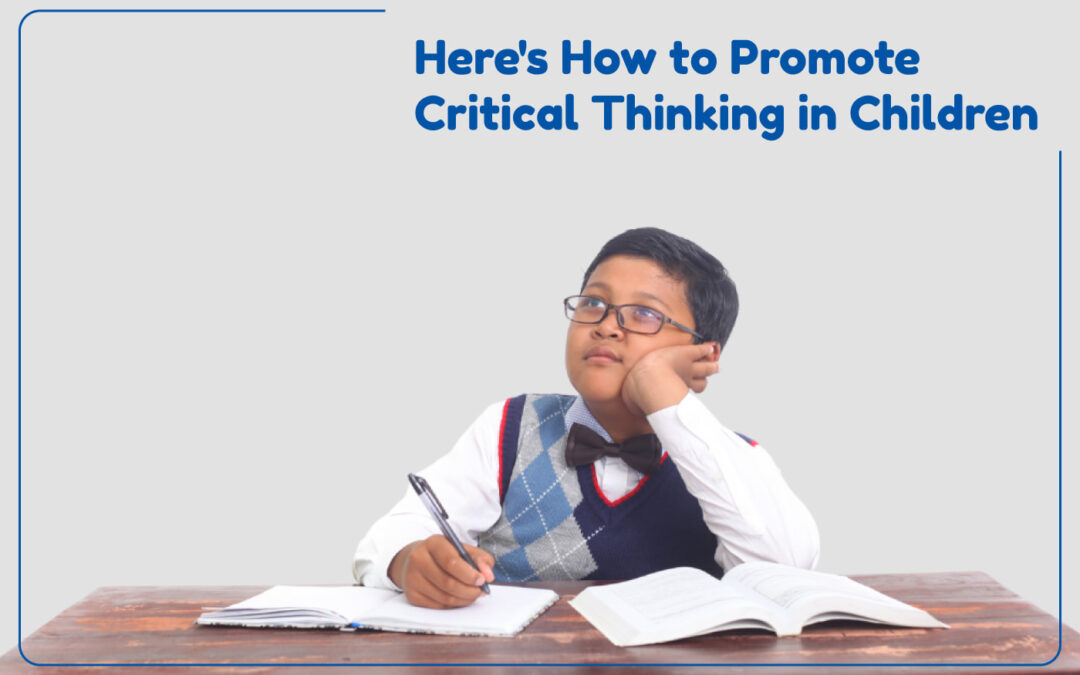We, as parents, have first-hand experience of how the world is getting extremely competitive. The kids won’t have it easy, that’s for sure. But as parents, we can ensure that they are prepared for the world.
Toddlers and youngsters are power-packed with energy. Leverage it by directing them to explore their creativity, curiosity and critical thinking, helping shape their future success.
What is Critical Thinking?
Critical thinking is the ability to analyse and evaluate an issue to form a judgment objectively. It is essential to hone critical thinking skills and reflect, reason, and communicate in this rapidly evolving technological world.
That’s why instilling critical thinking skills in your child is essential. Let your child experiment; ask them questions for a change and solve problems together.
Thinking outside the box
Encourage the kids to think in new and different ways. For example, your kid has to help a cat stuck in a maze to exit. There are multiple ways for the cat to escape; ask questions and encourage your child to find the shortest route out. Remember that it’s a critical thinking exercise for your child. Make sure you validate their ideas and encourage them to do more such thinking activities.
Developing Hypothesis
Children often have an exciting view of the world around them. They ask you questions out of the blue, and you’re left wondering. Now, try asking your kids the same kind of questions. Ask why the route suggested is the best option for the cat to exit the maze. Bring in a little bit of hypothesis into their playtime and let your child’s thinking take flight.
Engage them in reading
Reading is a great habit; it’s good for people of all ages, and the younger you start, the better. Indulge your kids in reading books to develop excellent reading comprehension and better communication skills from a young age.
When your child reads something, focus on how they interpret a statement or paragraph from the book they are reading. Ask them about things they can and cannot understand from the reading piece. Practice the art of reading with them, like reading the newspaper together or bedtime stories. Let them know how essential reading is and turn it into an important life skill.
Story Summary
Let your child summarise the story they are reading. This way, your child will catch the important parts of the story. It helps them remember the stories they read and enhance their critical thinking and reading comprehension. You will also understand the details in the story that your child has understood and what they have not, so it will make it easier for you to explain that part to your kid.
Connect the dots
Even if you engage your kid in multiple critical thinking activities, it won’t make much sense to the kids without showing them some potential outcome. Help your child connect the dots and allow them to see the results. For example, if they are reading something, ask them to predict the ending. Discuss alternative endings to stimulate their thinking further.
Be Patient & Listen
Stay patient and give your child ample time to think about the question or task they have taken up. Let them take their time to collect their thoughts and generate a response rather than just reply with their first gut reaction. You must remember not to rush them.
Ride the Riddles
Let your kid solve simple riddles or practice them together(even better); it will help them analyse information. It will also allow them to understand and handle complex situations better.
When you’re solving the puzzle with your child, and they get stuck in between, make sure you verbalise your thought process while solving the puzzle with them. Your child will learn by observing the way you think.
We hope this article helps develop a critical thinking foundation for your child and enables you to spend time with your kids.

